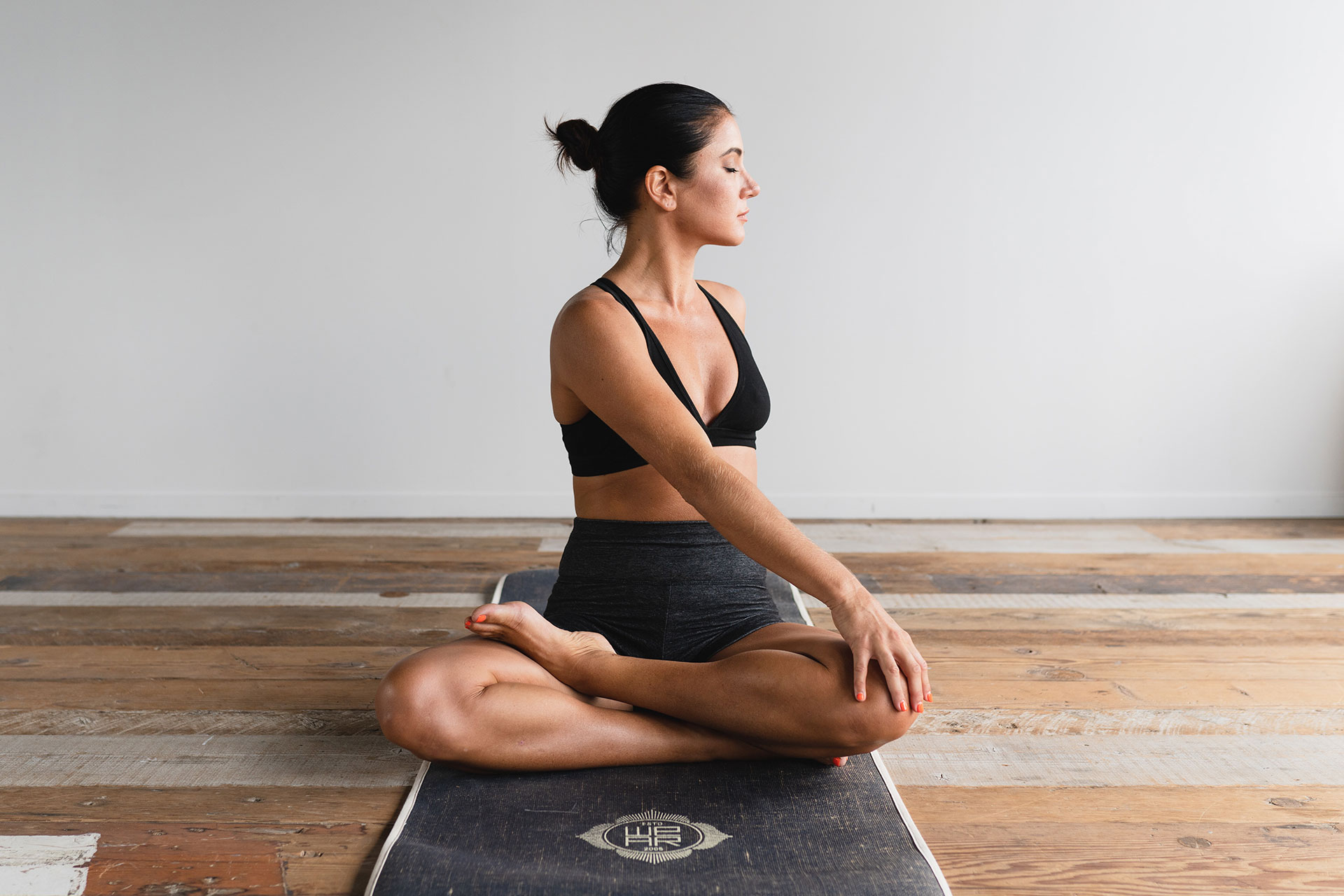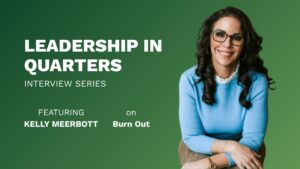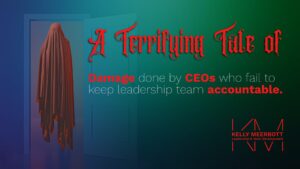The root of the word crisis comes from the Greek “to sift.” Since March 16, when Governor Wolf implemented the “Stay at Home” Order for the Commonwealth of Pennsylvania I began the process of sifting through things, situations and people in my life. I gave myself permission to lovingly acknowledge their presence and significance. I expressed gratitude for the lessons and blessings that were catalyzed through them or with them and then if “it” no longer served me, I let go to create space for something new to take its place.
This surrendering has allowed new possibilities to begin to take root. Opportunities that I may not have been open to if I maintained my white knuckle grip on whatever was weighing me down. I did not realize the heaviness these people, situations, possessions, etc. were enacting on me until “The Big Pause” came into our lives in the form of COVID19. Now, I can see, think, hear and feel clearly because I am no longer shackled to the noise that was distracting from the whole reason I was called to do this work.
I’m once again aligned with a bigger purpose – to serve and assist in healing the collective consciousness. In order to lean into our true vocations decisions must be made. We can choose to be held hostage by old ways of thinking and doing, comparing ourselves to others, imagined futures, glamorized pasts and our egos OR we can be gentler and be hosts for resting, rejuvenating, resetting and restoring ourselves.
We will recover quicker if we make peace with the fact that we are not going back to what we believed was normal. Sonya’s Renee Taylor a highly sought-after award-winning Performance Poet, activist, and transformational leader summed it up best when she said, “We will not go back to normal. Normal never was. Our pre-corona existence was never normal other than we normalized greed, inequity, exhaustion, depletion, extraction, disconnection, confusion, rage, hoarding, hate and lack. We should not long to return, My friends. We are being given the opportunity to stitch a new garment. One that fits all of humanity and nature.”
Let’s take a look at how we were doing things prior to The Big Pause to ensure we are all operating from the same context. In recent years, we’ve become infatuated with the hustle, obsessed with working hard and achieving. Myopically focused on striving for more in an exhausting attempt to prove our value to the world which is what disconnected us from ourselves, our loved ones and humanity at large.
In her 2010 Ted Talk, “The Power of Vulnerability,” researcher Brené Brown sums this up perfectly when she presented facts that the current generation of American adults is the least healthy in terms of financial health, physical health, and mental health, when compared to any other previous generation. The proof is evident in our unprecedented levels of debt, obesity, substance abuse, and medication use.
According to Brown, this is the case because we use things like food, shopping, and drugs to numb our emotions and avoid feeling vulnerable. Brown says, “We are the most in-debt, obese, addicted and medicated adult cohort in U.S. history.” How do we heal ourselves? By slowing down, feeling our feelings and taking the time to acknowledge the gaping wounds present inside us. We do this by gently resting, rejuvenating, resetting and restoring.
Now is the time to slow down be present and give yourself the grace to simply be. Nowhere to go. Nothing to do. No one to see. No one to be. Our ego minds will throw up the distress signal and tell you the lie that you must be productive and you are only valuable if you are running yourself ragged. The friction is rooted in our conditioning and programming supporting the belief that we must always be in motion, relentlessly driving ourselves into exhaustion – mentally, emotionally, physically and spiritually. We are at a standstill which is in direct opposition to the world we have lived in up until this point. What we don’t realize is that we were running away from the problems that were chasing us. Currently, the BIG PAUSE has given those internal challenges a chance to catch up with us. This virus is a reminder that we humans are all vulnerable to what nature throws at us, and that we are in it together.
Let me check in with you, how many of you right now are experiencing a heady cocktail of confusion, anxiety and even some surprising moments of respite from our pre-COVID-19, always-on-the-go culture? Share your thoughts in the comment area below.
—-
In a new survey by the Kaiser Family Foundation, 45% of Americans felt that the coronavirus crisis is harming their mental health (19% felt it had a “major impact”).
The twenty-four news cycle made up of our traditional media and social media feeds are filled with urgent and often conflicting imperatives to change our routines and be constantly vigilant. We all are also stressed by the news, especially given the inherent emotionally triggering nature of the U.S. news media, and too much focus on disaster pornography, as well as contradicting news, predictions, and recommendations coming from different outlets and authorities. The constantly changing and evolving nature of such news is also stressing on all those who follow them. The online onslaught of rapidly updating media stories reporting worst-case scenarios can fuel fear and panic. Uncritical overconsumption of such messages can erode one of our most precious and essential human resources for weathering the COVID-19 storm: our mental health.
Even before the virus outbreak, depression and anxiety have been noted as defining features of our times. Isolation and uncertainty are not going to help us deal with the new realities of our newly virtual lives – virtual work, virtual schools and virtual family care – under the incredible stress of unfamiliar circumstances.
It is important that as a population, we learn how to protect our mental health during this stressful and ever-changing situation, while also following the guidelines set by health authorities to protect our physical health. Here are some strategies that can be used to protect your and others’ mental health.
- Get your facts from medical experts, and websites such as the Centers for Disease Control and Prevention, Johns Hopkins University or local health authorities, and not from rumors or random social media posts.
- Unknown and uncertainty are major causes of stress and anxiety. By knowing the facts about the pandemic, you can have an objective estimate of the risks. Also, knowing legitimate ways of protecting yourself and your loved ones will give a sense of control, and help reduce anxiety. Just know enough to protect yourself and your family.
-Change viewed as death. “The brain’s primary responsibility is to take care of the body, to protect the body,” Jonas Kaplan, a psychologist at the University of Southern California, tells me. “The psychological self is the brain’s extension of that. When our self feels attacked, our [brain is] going to bring to bear the same defenses that it has for protecting the body.” - Do not get obsessed with the news, and do not keep checking the news and especially cable news for hours and hours.
- Give yourself a chance to be distracted from the bad news, which is all over the place on social media and cable news. Watch movies or TV series, documentaries (animals are awesome), or comedies if you have time to watch.
- Remember all the activities you had always wanted to be able to do, but did not have time for. Get to those. This does not have to always be errands or housework. It could be (and should be) fun activities, taking an online class and hobbies.
- Try to stick to your routines. If you are a social person, stay connected via the use of technology (phone, video chat, etc.). We are social creatures, and physical isolation should not lead to social isolation.
- Go to bed and get out of the bed at the same times you did before, and eat your normal meals. Now that you have time, you can spend more time cooking and eating healthy. Do not let the good habits change.
- Stay physically active. This is not just because you will “feel” good working out. Regular exercise has a positive measurable impact on the size and function of the brain, releases endorphins and reducing inflammation. Especially now that you have more time, you can start working out if you didn’t before, or do more if you did. There are a lot of trainers who are offering free home exercise training these days online. You can also use exercise as a means for bonding with your loved ones.
- Be your own best friend. Start your morning by looking in the mirror and asking yourself: what do you need to hear today? What do you need to be your personal best?
- Meditate and use mindfulness techniques.
- If anxiety, stress and depression is out of control, get help. Call your healthcare provider for a referral.
- Know that this will also pass. Medicine is advanced enough to ultimately get a hold of this and control the pandemic. We are a very resilient species and have been around for millions of years. We can survive this with wisdom.
- Choose Faith Over Fear
- Stay away from excessive negativity, whether through acquaintances or the media. Now that you have the time, expose yourself to all the good things you could not when too busy.
- Ask your community what it needs. If you are in the fashion industry, you could consider putting your collection work on hold to make masks for hospital workers. And if you aren’t sure how to help, you could simply create a crowdsourced campaign for your community, promising to match donations to local businesses like restaurants and retail shops.
- Give yourself a break — Sitting down at your computer at 8 a.m. and not getting up until 6 p.m. can seem like the most productive thing to do, but as Riordan explains, doing so can actually hurt your productivity. “I suggest working for 90 minutes at a time, then taking a break. Set a timer, go outside if you can and then come back for another 90-minute session. It is better for your mental health to work in chunks.” When working in an office, many leaders are jumping in and out of meetings, thereby organically breaking up their days. But when at home, that isn’t the case. Therefore, it is important to set up structure that allows for mental breaks.
- Seek out other humans. Yes, we stay at least six feet away from people not in our immediate housing/family units, but that doesn’t mean we can’t smile as we walk by. In fact, smiling and saying hello that is vital for our mental health.
- Ask how you can be of service. Acts of service can be powerful antidotes to fear, explains Mohr. These types of activities can help us think outside of ourselves and feel more connected to the world around us. Business owners, in particular, can ask their customers for ideas on how to be of service to them.
Fear can move like wildfire through a social system. But so can love and ingenuity—and it changes everything for the better along the way. Humans are profoundly loving and inclusive. We rally. We rejuvenate. We are best when we consider the health of each other and we act quickly. Who knew that staying home would be so humanitarian? It is.
In the words of author, Danielle LaPorte, “I have thoughts on how this crisis is an opportunity for major positive change, and how to hold that enthusiastic energy while simultaneously minding the fear and sorrow that may arise.”
This is a massive personal and collective re-set opportunity to change our approach to wellness, governance, and the ecosystem. What an opportunity to know our strength and love! These powerful happenings are calling us to fill out all of our capacities as communitarians, humanitarians, caregivers, creatives, leaders, children, and beloveds of The Infinite. -Danielle LaPorte, Author
This is our opportunity to reconnect with ourselves, leveraging The Big Pause to gently rest, rejuvenate, reset and restore. We must start with showing ourselves love, compassion and empathy in order to share that loving, healing energy with the rest of the world. This is a time to demonstrate kindness to ourselves first and to others. To get back to basics and get the fundamentals right. To go back to a simpler time, drop the facades, build our inner strength, and get through the discomfort. If we ground ourselves in the present, if we gently meet ourselves again in this time the recovery process when all of this is over will be much shorter.
